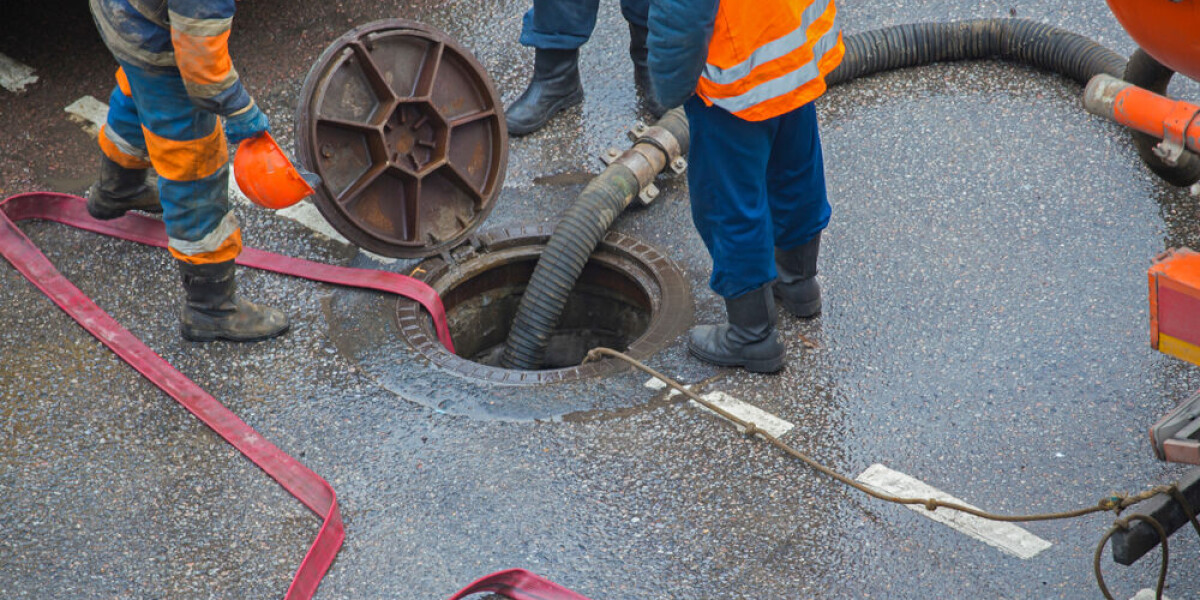Are we required to connect our french home to new communal sewage system?
- Select a language for the TTS:
- UK English Female
- UK English Male
- US English Female
- US English Male
- Australian Female
- Australian Male
- Language selected: (auto detect) - EN

Play all audios:

THE PROCESS CAN BE EXPENSIVE BUT SOME FINANCIAL AID IS AVAILABLE Reader Question: We have been informed that our local mairie is planning to install communal sewage works, but we must pay.
We don’t have the money for this and already have a septic tank. Are we obliged to join? Communes can choose to install collective public sewage (assainissement collectif) at any time, and
are encouraged to do so. Collective systems are generally seen as more environmentally friendly and better for communes. The areas concerned by the public waterworks is known as the zonage
d'assainissement, and this can be consulted at the local mairie. Ensure your property is definitely within the boundaries of the new zonage being established – if it is not, the
changes will not apply and you should be able to keep your septic tank. If it is within the limits, you have two years to switch over from your non-collectif system and connect your home to
the public works once it is operational. This rule is laid out in Article L1331-1 of France’s Code de la Santé public (public health rules). This two years begins from the the date the
system becomes available for use, and not the day that works begin. However, properties judged ‘difficult to connect up’ for technical reasons may be exempted from the obligation as long as
they are equipped with a septic tank that conforms to the correct standards (eg. if it has had an inspection by the local Spanc). This could be the case if your house is far from the public
highway or is situated below the level of the public drains etc. You would need to discuss this with your mairie and obtain a decision in writing. You cannot just decide not to have the
work done, as this can incur heavy fines. A 10-year exemption also exists for houses built in the last 10 years with a septic tank. COSTS AND FUNDING POSSIBILITIES Communes organise the
works along the public sections of the new sewage system, although this may be part-funded by property owners whose homes are in the new zonage. In the latter case there is a charge called
the participation pour le financement de l'assainissement collectif (PFAC or PAC). There is no way to avoid this fee if it is levied, and it is on top of an ongoing tax towards the
public water treatment service, called redevance d’assainissement collectif, which is often added to water bills. You will also need to incur costs in connecting up your home to the public
system, sometimes known as raccordement au tout-à-l’égout. You will need to pay a local firm to do this for you. It typically costs from one to several thousand euros, largely depending on
how far your property is from the main system. However, there are several possible funding possibilities. Possible sources of aid towards these costs vary from one area to another, and
your mairie should be able to advise. For example, the local water agencies (agences de l’eau) in some cases are able to provide grants under certain conditions. People who receive benefits
from the caisse d’allocations familiales (Caf) may be eligible to help from this. Your bank may be able to provide a loan. A visit by the local Service Public d'Assainissement
Collectif is also required to confirm the works are valid, and this certification can be billed at around €100.